Why Today's Children (And Young Adults) Are More Sensitive and Fragile Than Past Generations.6/7/2017
Kids these days -- amirite?
No, but actually. For real. Kids these days are more sensitive and fragile than kids of the past. Even according to the president of an elite university that I spoke with recently, “Today’s college students are not like you.” All you really have to do is look at videos of college protests or read the accounts of high school and college professors to know that today's children (and young adults) are overly emotional -- even mentally ill. And as nasty and rude as they appear in videos like this one (though, granted, this is an extreme example):
I can't help but feel a little bit bad for them.
Their parents failed them. Their teachers failed them. And they never learned the lessons children of previous generations learned in preschool ("use your words"; emotion regulation; leisure skills; kindness; etc.). It starts all the way back in preschool and kindergarten. For example, as I wrote in Thanks to Helicopter Parents and The Self-Esteem Movement, Schools Have Banned Musical Chairs, Literally a hundred years of research shows that competitive and physical play are an essential part of kids' development. "But but but... What about their self-esteem?" well-meaning but misguided educators stammer. Here's the thing: Aggression, competition and losing don't actually hurt a child's self-esteem. But they do teach children valuable coping and resilience skills. You may think you're helping your child out by insulating them from social rejection, embarrassment or hurt feelings as long as possible. But the truth is, you're emotionally crippling them. Resilience isn't something that magically happens once you turn a certain age. It's something you develop by dealing with the small disappointment of being the first kid eliminated from musical chairs or the last kid picked in the kickball game. Determination isn't something that happens automatically. It's something you develop through loss, setbacks and disappointment. It's what happens when you get a bad result, then vow to practice, improve and do better next time. Read more >
What do you expect them to do when they get to college if they've never even had the experience of controlling their emotions and navigating social situations during harmless games like Red Rover or Musical Chairs?
This is what happens when parents and teachers make decisions in the name of “self-esteem” or “mental health” or “equity”... without actually doing any research about whether their feelings align with the facts. For example, lots of schools -- from elementary to secondary -- commit time, energy, and resources into "self-esteem" development in students. But the research shows that There is No Benefit to "Teaching" Self-Esteem, though it could cause long-term damage. Here's an excerpt from my post on the topic: Instead of letting children develop self-esteem on their own, through hard work, SMART goal setting, improvement and achievement... teachers force it upon their students as an exercise in and of itself. Take, for example, Self Science: The Emotional Intelligence Curriculum, a two-year, 54 lesson program for teaching self-esteem (and, to be fair, other emotional skills) to elementary school students. This contains exercises such as the self-esteem roll call game: when the teacher calls out your name during attendance, you don't answer by saying, "Here," but by saying either:
... If that weren't bad enough, schools have taken several well-intentioned (but ultimately harmful) measures to "protect" students' self-esteem. For example, many schools have become anti-competition zones -- games with winners and losers are no longer acceptable, in spite of the fact that decades of psychology research show that competition is an important and healthy part of every child's development. When competition is inevitable, such as during athletic contests, all students "win" a participation award. Schools -- even high schools -- are getting rid of honor rolls, because it's not "fair" to those who don't make it. (And, yes, I understand that getting an A isn't the same as learning. But it is still important for students to have goals and rewards for their hard work. See also: Straight As Make You Look Complacent, Not Curious.) But is all this effort really worth it? According to Roy F. Baumeister et al.'s 2003 meta-analysis, Does High Self-Esteem Cause Better Performance, Interpersonal Success, Happiness or Healthier Lifestyles, No. There is no relationship between high self-worth and achievement. In fact, high self-regard is commonly found in narcissists, bullies and sociopaths. People with high, unwarranted self-esteem often have an inflated sense of popularity and likability. They get hostile when criticized or rejected. They alienate others. Read more > "Narcissists, bullies, and sociopaths." "Hostile when criticized or rejected." Remind you of anyone?
The research is clear on this... yet "self-esteem" warriors march on! Many schools (including "good" and "innovative" schools like AltSchool) are getting rid of grades and other valuable forms of feedback. Because "accessibility"? And "feelings"?
But, once again, this is not backed by research. In fact, it flies directly in the face of research. As I wrote in 5 CRUCIAL Lessons Parents and Teachers Can Learn From Video Games (That Helicopter Parents Will HATE): Knowing how you're doing is important for both progress and motivation. And video games are full of metrics.
Which is why grades and prompt feedback are important…
First, people are horrible at dealing with uncertainty. Studies show that people in the hospital would rather receive a bad diagnosis... than no diagnosis. A friend of mine was recently diagnosed with chronic fatigue syndrome (CFS), a condition that can sometimes be treated, but cannot be cured. She was still relieved to know what was going on. Second, knowing you're so close to your goal -- seeing yourself make progress or lose ground in real time -- is extremely motivating. It can keep you going when you're about to give up. You can immediately see what you've done wrong, and do it better the very next time. Read more > Stanford Professor Mark Lepper once told me, "The people who understand motivation better than anyone else in the world... are people who make video games. We should listen to them." Instead, parents and teachers listen to "feelings." But perhaps part of the reason so many people "feel" like grades are toxic is because, at the other end of the spectrum, you have students who are ruthlessly pursuing perfect grades, because that is what the adults and peers in their lives tell them to do. This has led to the weird phenomenon of kids today being way over-tutored. Some students I've worked with through Paved With Verbs have tutors in every single subject. But, as I wrote in 4 Reasons A Tutor is the WORST Thing You Can Do For Your Kid, Over-tutoring stunts their coping skills decreases resilience. As a parent, one of the most important things you can do for your child's long-term mental health is to let them fail. Having a tutor gives them a shortcut. Instead of facing a disappointing academic outcome — and asking themselves, "What did I do wrong? Did I really give it my best effort? What can I do differently next time?" — they rely on the tutor to figure things out for them. (And, as mentioned above, put at least some of the responsibility on the tutor, instead of owning their mistakes.) Here's the thing about children: you can't insulate them from bad things forever. Eventually, they're going to run into problems you can't fix for them. They're going to have to face a problem on their own. It's not if; it's when. And when the time comes, you want your child to have the emotional and cognitive maturity to turn a disappointment into a learning opportunity. Read more >
Part of the reason parents hire so many tutors is because they're afraid if their child doesn't get an A on every assignment, they won't get into their first-choice private middle school, high school, or college.
But part of it is that they sincerely doubt (or don't know) their child's abilities and limitations. And this is because they never let their kids figure anything out on their own. As I wrote in By 1979 Standards, Your 1st Grader is Physically and Emotionally Stunted: With constant adult supervision and insufficient outdoor play, kids miss out on important muscle development, as well as important lessons in self-efficacy, self-regulation, and self-empowerment. Many parents today shudder at the idea of sending their kids on a 4-8 block mission alone. They're not sure if their kids can do it. All first graders used to be able to do it -- so either you're underestimating your child, or you've stifled them. Read more >
There's a reason we find movies and shows like Stranger Things and Stand By Me and Now and Then so appealing.
I mean, who doesn't envy the freedom these kids have to explore the world around them? Who doesn't love the initiative they take to solve problems on their own? Who doesn't want to feel the excitement these kids feel about their middle school AV club? (And who doesn't want this Hawkins Middle School AV Club t-shirt?)
It's not just about feeling nostalgia for our own childhoods.
It's remembering the feelings of empowerment and freedom we had as kids on bikes or kids with tools or kids in the woods. Feelings that many children today never experience. And this is a very bad thing. As I wrote in Kids' Games are Getting More Dangerous, and it's ENTIRELY Their Parents' Fault, Children are hardwired to explore. Risk-taking (or, at least, the perception thereof) is in their nature. Risks tend to manifest themselves in one of six ways: 1. Exploring heights 2. Handling "dangerous" tools, such as scissors, knives or hammers 3. Being near dangerous elements, such as water or fire (or, as was the case in Stand By Me, a dead body) 4. Rough-and-tumble play (which, as I mentioned above, is a way for kids to learn to negotiate aggression and cooperation) 5. Speed -- e.g. cycling, skateboarding, ice skating at a pace that feels too fast 6. Exploring on their own When kids do these things, they will eventually fall down. Bruise their arm. Skin their knee. Maybe even break a finger. It will hurt. BUT... Research by Ellen Sandseter, a professor of early-childhood education at Queen Maud University College in Trondheim, Norway, has found that kids who spend more time exploring on their own before the age of nine are less likely to to have anxiety and separation issues as adults. Likewise, kids who got hurt falling from heights when they were 5-9 years old are less likely to be afraid of heights at age 18. Our minor injuries actually give us confidence. They teach us what our limits are, how to handle ourselves in scary situations... and that, even if something goes wrong and you get hurt, you can get better. (Resilience for the win!) And, of course, these injuries will happen less frequently and less severely if your child has better joint and muscle control. If you really want to increase your child's safety, don't ban them from the playground. Help them develop their proprioceptive sense. Read more >
***
So what can a parent or teacher do? One thing is to educate yourself. And I have several books that I highly recommend that will help. The first, of course, is How to Raise an Adult: Break Free of the Overparenting Trap and Prepare Your Child for Success, by Julie Lythcott-Haims. Other incredible suggestions include Free Range Kids: How to Raise Safe, Self-Reliant Children (Without Going Nuts With Worry) by Lenore Skenazy: Playborhood: Turn Your Neighborhood Into a Place of Play, by Mike Lanza. Teach Your Children Well: Why Values and Coping Skills Matter More Than Grades, Trophies or "Fat Envelopes," by psychiatrist Madeline Levine.
And, of course, Play: How it Shapes the Brain, Opens the Imagination and Invigorates the Soul, by Stuart Brown, MD, founder of the National Institute for Play.
And, on a slightly unrelated but still very important note, might I also recommend Unwanted Advances: Sexual Paranoia Comes to Campus, by feminist scholar Laura Kipnis. It's about how, when we treat women like helpless children, they become catatonic with fear when, say, a boy stands between her and the exit to his apartment. Unable to establish their own sexual boundaries, they end up having sex they don't consider to be consensual... and the guy has no idea until he gets slammed with a rape charge. (Which isn't to downplay the importance of stopping rape and sexual assault on campus. That's a slightly different issue.)
I'm not done with it yet, but I'm pretty hooked. Laura Kipnis writes a lot like Bill Bryson, who makes me laugh out loud when I'm sitting alone in a room. And her story about both Professor Peter Ludlow, who was charged with "forcing" a student to drink (2-3 drinks) in a public setting until she became incapacitated, and her own experience fighting Title IX claims (because she wrote an essay) is captivating.
For another take on today's adolescent and young adult sexual climate, check out Peggy Orenstein's Girls and Sex: Navigating the Complicated New Landscape.
10 Comments
Zeph
6/11/2017 04:02:15 am
When you are on, you are on! Excellent summary.
Reply
6/12/2017 09:22:01 am
Sally Satel and Christina Hoff Sommers predicted in One Nation Under Therapy: How the Helping Culture is Eroding Self-Reliance, that the "helping culture"/"therapization"/helicopter parenting would subside in the next (I think) 5 years. It's been 11 years. It's possible things have changed, but not nearly to the degree I would have hoped, given the research.
Reply
Karen
6/11/2017 01:02:07 pm
You forgot to mention the "parents as best friends, not parents" phenomenon.
Reply
I think these are all good points, but I am surprised I haven't seen any studies on emotional resilience and internet use. I think there it is significance that college students today are the first generation of digital natives. If nothing else, people with poor social skills are making friends online who encourage unhealthy mental health instead doing the more challenging task of learning to make friends in real life.
Reply
Emily
8/27/2017 11:37:39 am
When I was a first-grader, my parents refused to give us an allowance, in order to teach us that all money had to be worked for. So, my younger brother and I would go dumpster-diving and searching ditches all around our small town for recyclable bottles. Then, we would walk all the way to the end of town, drop them off at the bottle depot, get some change, and eagerly run over to the corner store and buy ourselves some candy.
Reply
BigBrain
2/4/2021 08:59:57 am
As a representative of gen z, I'd like to say that we're earnest in a world that's out to get us. If y'all were a little more compassionate or had a sliver of intelligence then you'd see what a terrible world you've created for us. You give us iphones as infants that we unsurprisingly become hooked on. We have the pressures of social media (yes, there's more to the internet than facebook, ladies) to be more and do more. Our mental health is declining as school competition is rising. You're overprotective, and we're spending our childhood indoors. We need change, not criticism.
Reply
2/7/2021 11:24:55 am
Hey, BigBrain,
Reply
anna
2/17/2021 03:35:49 pm
lol and i oop-
changingthenarrative
4/26/2022 03:41:04 pm
Thanks for proving her point, you overindulged little twerp.
Reply
Rayla Sherbert
4/7/2021 09:09:08 pm
I think your analysis is pretty good. Todays children do seem to be a bit more fragile and sensitive then previous generations; however, I do believe that while helicopter parents are a big problem , being a parent who encourages their children to make their own mistakes may not 100% be the way to go. Allowing your child to experience failure is great, but I believe that repeatedly having them figure out their own mistakes is an issue. Showing them that they can ask for help when their struggling will help with being more resilient. Tutors don't offer kids a shortcut, they show your kid that some things you can't always do on your own. As a parent you want your child to have goals and be able to ask for help when they need it because they eventually will. The way you state it seems like your child may grow up to bottle up their own feelings. It also seems like they'll end up giving up or stressing themselves out when they are completely stuck on an obstacle. Though this is just hw I took your summary.
Reply
Leave a Reply. |
About the Author

Eva is a content specialist with a passion for play, travel... and a little bit of girl power. Read more >
Want to support The Happy Talent? CLICK HERE!
Or Find me on Patreon!
What's Popular on The Happy Talent:
Trending in Dating and Relationships:
What's Popular in Science: Playfulness and Leisure Skills:
Popular in Psychology and Social Skills:
Categories
All
|

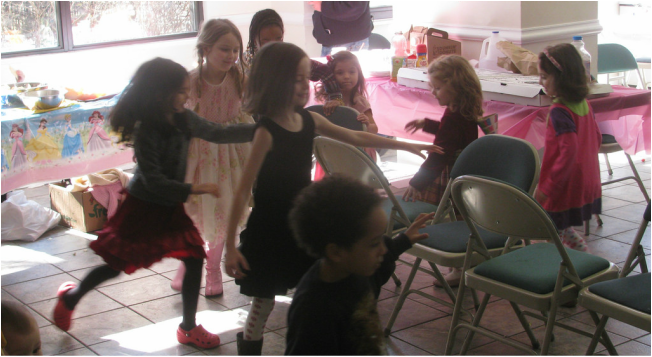
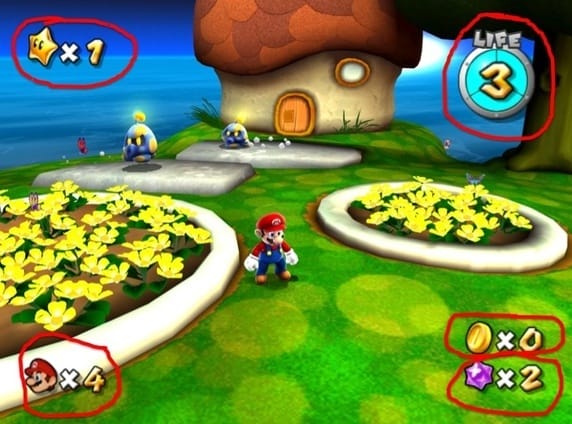
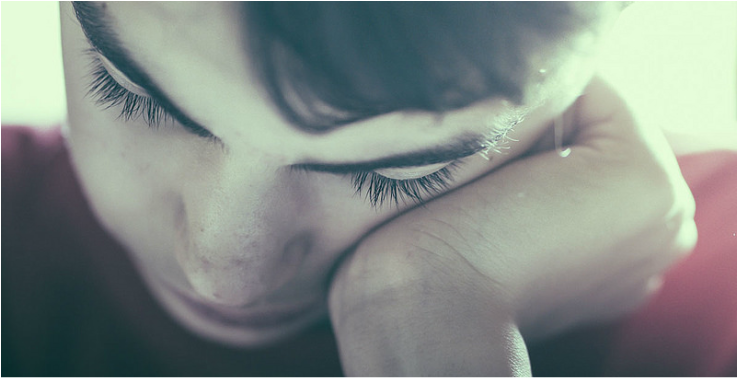
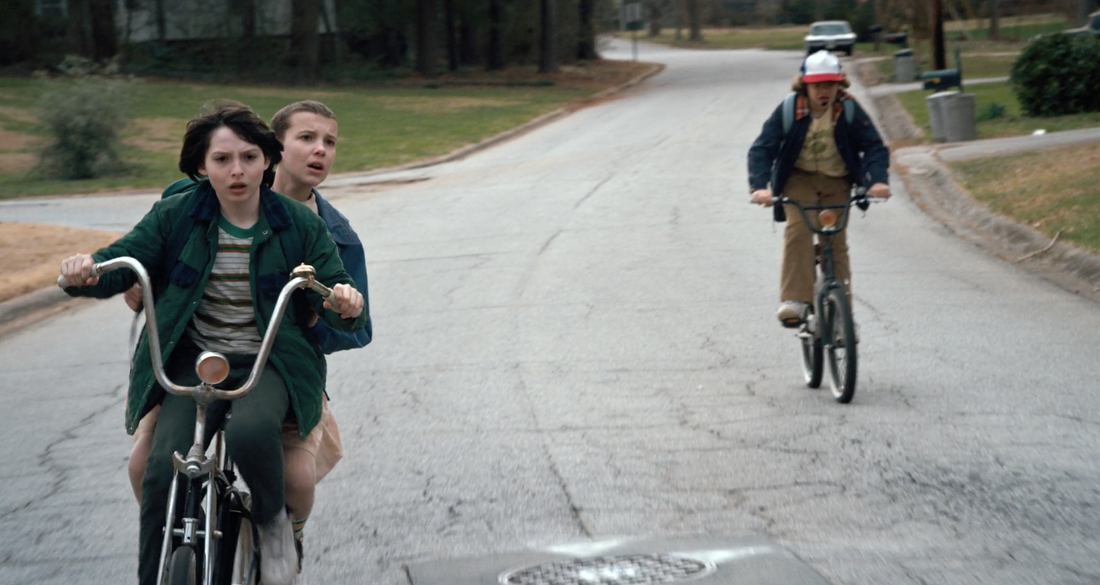

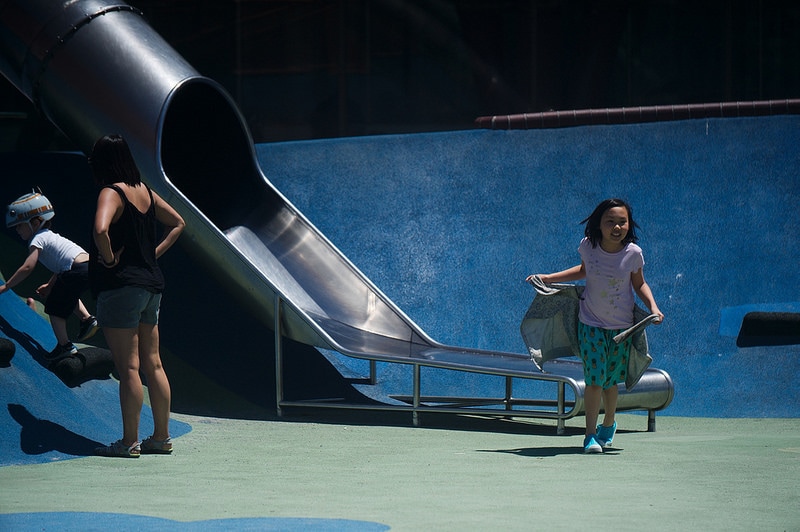
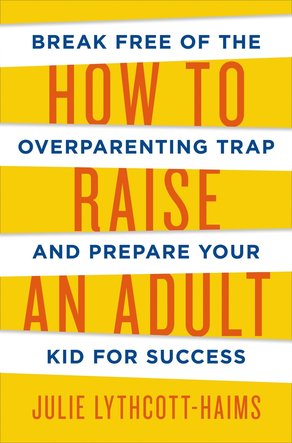
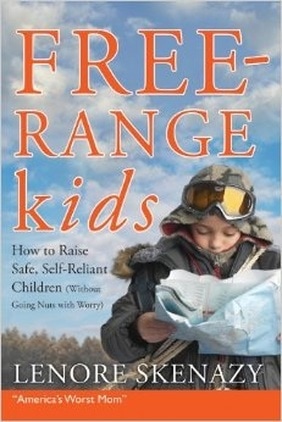
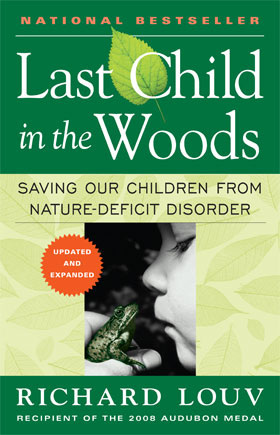
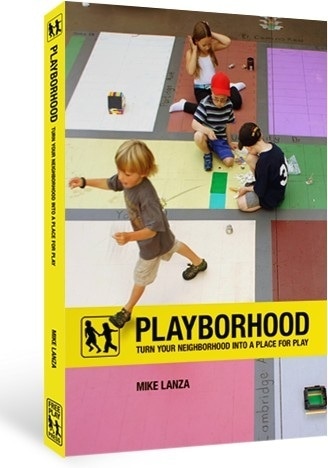
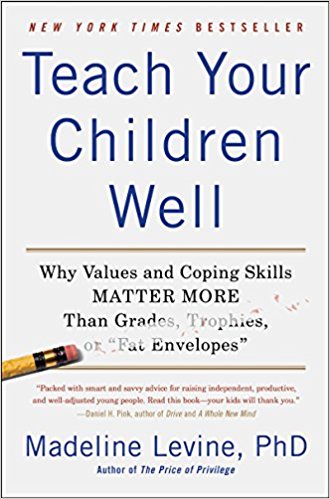
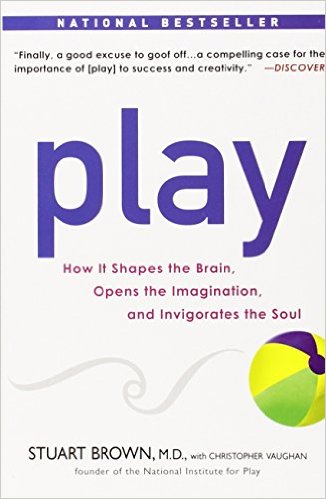


























 RSS Feed
RSS Feed